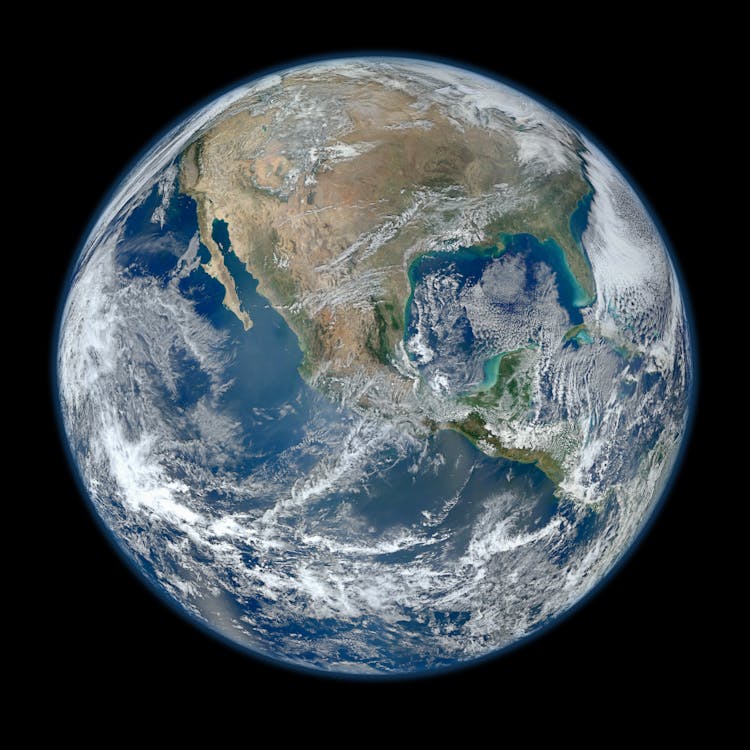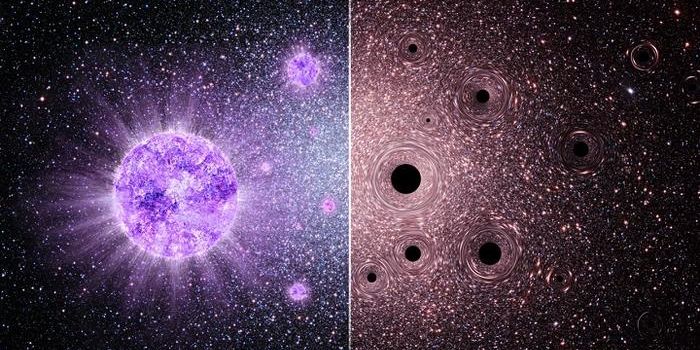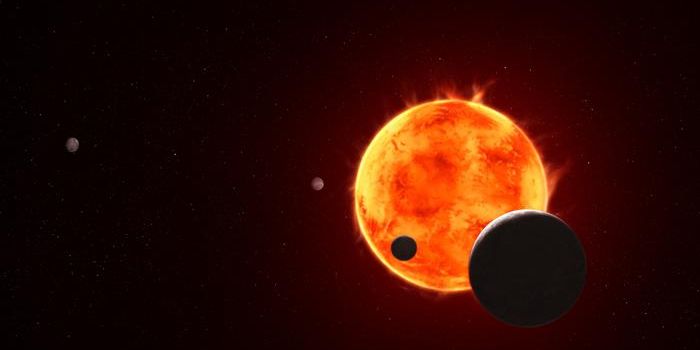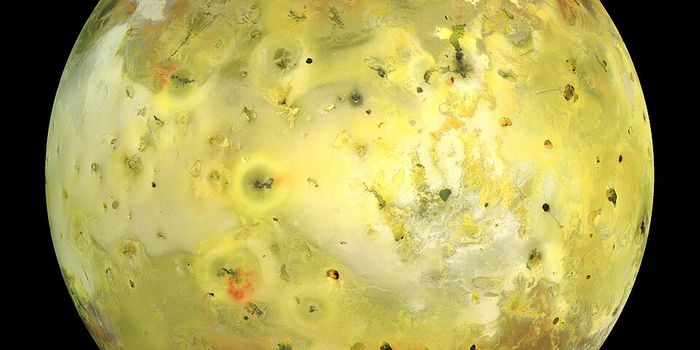The luck behind our survival
A study published in the Nature journal Communications Earth & Environment comments on the reasons why Earth has remained habitable for much of the planet’s existence. The answer, according to Professor Toby Tyrrell from the University of Southampton, has a lot to do with luck.
Why Earth has not fallen into a completely inhabitable state for over three billion years is a question that fascinates geologists and earth scientists. Given the planet’s predisposition to extreme climates – having experienced multiple intense ice ages and high-temperature eras over its history – it is a wonder that life still continues to survive, says Professor Tyrrell, who is a specialist in Earth System Science.
"A continuously stable and habitable climate on Earth is quite puzzling. Our neighbors, Mars and Venus, do not have habitable temperatures, even though Mars once did. Earth not only has a habitable temperature today but has kept this at all times across three to four billion years - an extraordinary span of geological time."
In contemplating this conundrum, Tyrrell modeled simulations of exoplanets in our galaxy that are similar to Earth, of which there are estimated to be billions. He wanted to see how 100,000 randomly different planets responded to random climate-altering events (such as asteroid impacts, solar flares, and major geological events) over a time period of three billion years. The goal was to understand when and why planets would become uninhabitable.
The findings from these simulations could not have been more clear: most of the planets that stayed habitable throughout the simulated time period had a mere probability of doing so. Of the 100,000 planets that Tyrrell simulated, 9%, or 8,700 planets, remained habitable for the three billion year period at least once. Out of those 8,700 planets that were successful, roughly 8,000 were successful fewer than 50 times out of 100 and approximately 4,500 were successful fewer than 10 times out of 100.

From these simulations, Professor Tyrrell explains: "We can now understand that Earth stayed suitable for life for so long due, at least in part, to luck. For instance, if a slightly larger asteroid had hit Earth, or had done so at a different time, then Earth may have lost its habitability altogether. To put it another way, if an intelligent observer had been present on the early Earth as life first evolved, and was able to calculate the chances of the planet staying habitable for the next several billion years, the calculation may well have revealed very poor odds."
This information is telling in the search for exoplanets that host life. While scientists are enthralled by the idea of the existence of “twin Earths” in the galaxy, Tyrrell explains that his findings suggest that while some such planets may have been habitable at certain moments in their history, most have likely lost their habitability due to chance events over billions of years.








